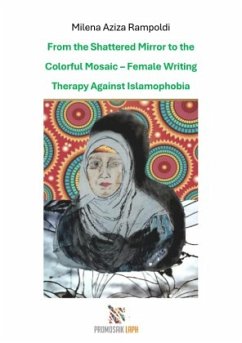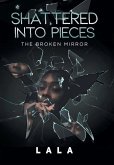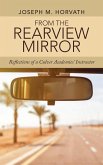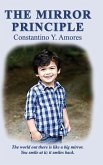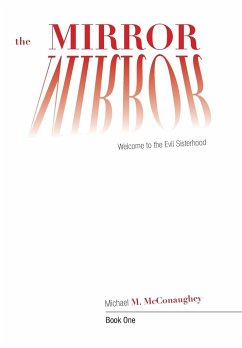In the path of the Muslim woman to herself I do not see a path to happiness, but rather the steep path to self-knowledge and self-confidence that the entire experience, which also includes discrimination and Islamophobia, is and remains a part of myself, because it defines and identifies me as a person and as a Muslim woman. I do not need any therapy that extinguishes or transfigures my experience, because I accept my experience and turn the shattered mirror into a colorful mosaic. ... I do not see myself as the victim. The turning point is quite simple: I do not meditate in front of the shattered mirror, but collect all the mirror remains, take a clay tablet and press all these mirror remains into this clay tablet before it becomes hard. The result of my self-therapy is the recognition that these shattered mirror remains are parts of my experience, of my life, of myself and my feminine primordial power. These pieces are exactly the ones which made me strong. They are colorful because I painted them like mosaic stones. I no longer mirror myself in them. They are no longer my you, but my "I". They are no longer my enemy, but my experience, which is part of my inner self. Their edges no longer cut into the skin of my hands, because they are embedded in the clay ... The fragments of this book are personal experiences of unbroken women ... who have learnt how to cry, to fall to the ground, to perceive the gravity of their fall, to accept it and then get back up right away... The fragments do not mix, do not blur, do not cancel each other out, because they are indented in the clay. Each fragment bears the name of a woman. Each fragment is personal. And here, pressed in the clay, the individual fragments do not lose their own color. Since they actually confess color as well as female identity. The fragments are followed by the review of the Islamophobic film "Submission" by Ayaan Hirsi Ali and Theo van Gogh, a prime example of Islamophobic and/or misogynistic thinking.
Bitte wählen Sie Ihr Anliegen aus.
Rechnungen
Retourenschein anfordern
Bestellstatus
Storno

